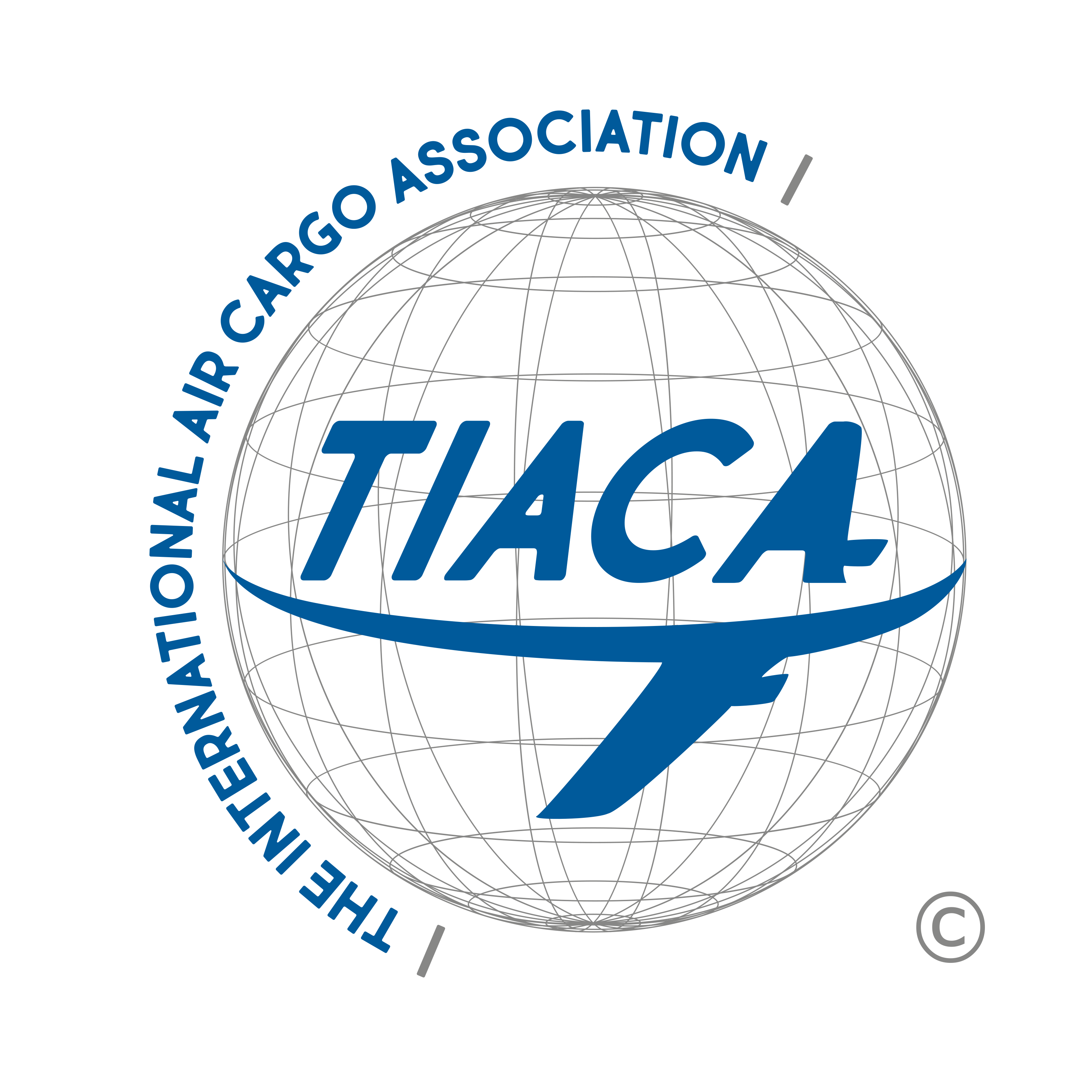 Like its counterparts in the cargo industry, Worldwide Flight Services (WFS) is proud of the important role it has in the fight against COVID-19, in delivering crucial supplies and equipment to communities around the world.
Like its counterparts in the cargo industry, Worldwide Flight Services (WFS) is proud of the important role it has in the fight against COVID-19, in delivering crucial supplies and equipment to communities around the world.
However, the last few months have not been without its challenges. Since the start of the pandemic, WFS has implemented a range of different measures to mitigate the significant impact COVID-19 has had on its operations.
Financial and operational contingency planning groups have been mobilised in order to work through the crisis. In parallel, WFS employees have learnt how to manage this work remotely, often from home. To meet this new need, IT teams have successfully expanded in a very short amount of time, unified communications and mobility solutions.
 With the health and safety of its employees, customers and visitors as its number one priority, WFS has and continues to closely monitor advice from the World Health Organisation (WHO), governments and other industry sources, to ensure it is up to date with the latest recommendations and practices required for COVID-19.
With the health and safety of its employees, customers and visitors as its number one priority, WFS has and continues to closely monitor advice from the World Health Organisation (WHO), governments and other industry sources, to ensure it is up to date with the latest recommendations and practices required for COVID-19.
As new information is released, human resources, safety and operational teams meet remotely several times a week to evaluate and implement new safeguards. Lessons learned and any best practices established at a country-level are shared across the group, and at all levels of the organisation.
Throughout the crisis WFS has been regularly communicating with employees, customers and other stakeholders such as trade associations, to share the latest guidance and also keep on top of any new developments. For employees, this has been in a series of global health bulletins, FAQ documents and posters emphasising key hygiene rules.
WFS also showed great agility when in just 72 hours it launched a new ‘emergency response’ cargo handling operation in Liege, following a request from the airport to help increase its capacity for freighter flights carrying urgent coronavirus-related medical equipment into Europe. The team in Belgium was able to complete the WFS’ fastest ever opening of a new station by transferring highly-trained, experienced cargo handling staff from its operation in Brussels, ensuring full compliance with the company’s first priority of operational safety and security.
“I am incredibly proud of everyone involved in this project. Thanks to our team in Belgium, Liege Airport now has the increased support and expertise it needs as a central hub in Europe to meet demand for all-cargo flights transporting vital medical supplies at a time when they are needed more than ever before,” said Barry D. Nassberg, Group Chief Commercial Officer.
 Following the initial phase of business continuity planning to ensure each country was prepared for the impact of the crisis on health and safety, human resources, IT, procurement, customers and suppliers etc., WFS is now conducting worksite risk assessments across the globe to ensure every location can safely continue or resume operations.
Following the initial phase of business continuity planning to ensure each country was prepared for the impact of the crisis on health and safety, human resources, IT, procurement, customers and suppliers etc., WFS is now conducting worksite risk assessments across the globe to ensure every location can safely continue or resume operations.
In terms of innovation, remote working technology has been key for WFS with the rapid adoption of video conferencing and collaborative tools like Microsoft Teams, as well as online project management tools like Smartsheet, used to track thousands of contingency actions. Risk assessments, inspections and incidents continue to be managed in Pulse, WFS’ cloud-based safety and security system.
WFS has also had to innovate and adapt its operational processes to the loading and unloading of cargo from the cabin, as passenger airlines react to the increased demand for cargo during the crisis. It has been crucial to develop a risk assessment based Standard Operating Procedures (SOPs) to safely load and unload these shipments while protecting employees from the risk of virus transmission.
 Moving forward, WFS believes the strong and rapid collaboration between all aviation stakeholders on the ‘new normal’ rules will be essential to avoid the spread of different and at times conflicting requirements.
Moving forward, WFS believes the strong and rapid collaboration between all aviation stakeholders on the ‘new normal’ rules will be essential to avoid the spread of different and at times conflicting requirements.
“We also hope for flexibility and understanding from our customers and other stakeholders regarding new processes and rules at our warehouses, to protect the safety and security of everyone working at or visiting the site”, said David Clark, Global Head of Safety & Security at WFS.
